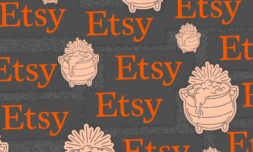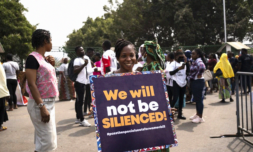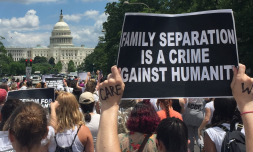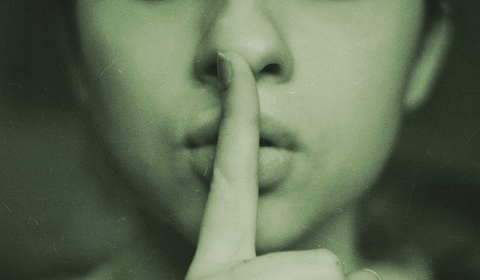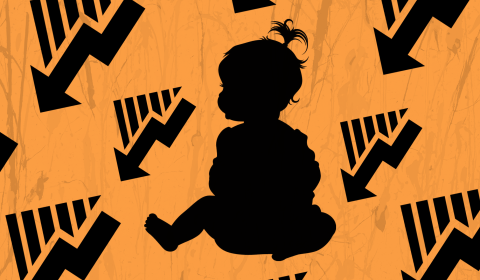The witch hunt might sound like a passage from history that feminists are still bringing up or a fictional topic for literature. Yet, it is the reality that still harms the women in Ghana.
Amnesty International shared a 65-page report about human rights violations that occurred in Northern Ghana between July 2023 and January 2025 related to witchcraft accusations.
Dzodzi Tsikata, Professor of Development Studies, told Amnesty that as long as people believe in good and evil, there will be witchcraft accusations as the explanation for all kinds of misfortunes and good fortune.
He highlighted that belief is not a problem in itself; it’s how it is used to attack people with particular profiles.
As it is a belief system beyond religion, the accusations might affect every Ghanaian man and woman. Yet, Amnesty found out that especially women in vulnerable situations – such as older women, widows, and women with mental or physical disabilities, who are often seen as a ‘financial burden’ – are at the most risk.
For example, Tasha, a woman accused of witchcraft by her last-born son, told Amnesty that her son sold their house without her permission while she was in the camp.
In #Ghana, the authorities have failed to protect the human rights of hundreds of victims of witchcraft accusations and ritual attacks. #EndWitchcraftAccusations @JDMahama
Learn more in our new @amnesty report out today: https://t.co/Gxx9fg8JGW pic.twitter.com/3T1M5po2wW
— Erika Guevara Rosas (@ErikaGuevaraR) April 14, 2025
The executive director of The Sanneh Institute, a community dedicated to resourcing religious leaders and scholars in Africa, believes that witchcraft accusations are used mainly by men to control women.
Amnesty reveals that Ghanaian women are not only afraid to grow old in their communities but are also scared of providing their opinions or challenging any norms, as they might be accused of.
Unfortunately, investigations indicate that the concept of ‘dreams’ may even contribute to labeling, which might cause gender-based violence. Since the Ghanaian government does not maintain records and many crimes go unreported, we do not have comprehensive statistics.










